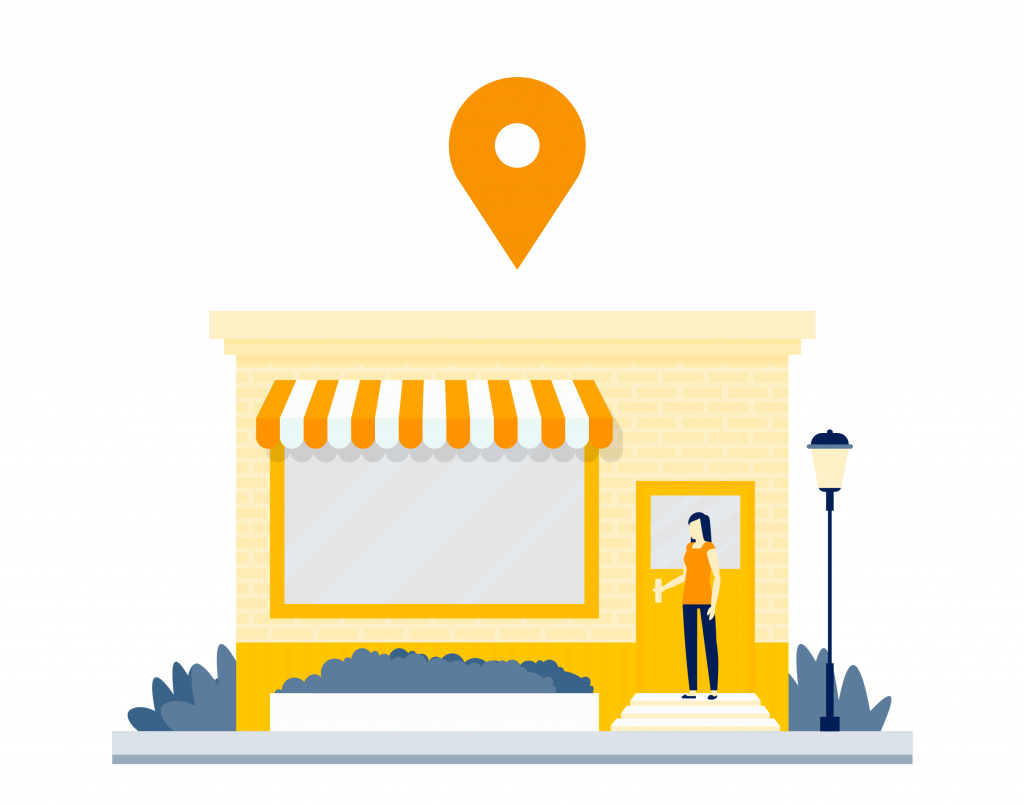Remove barriers to food access and entrepreneurship by streamlining licensing and regulation
Food entrepreneurs are working hard to feed their neighbors at this difficult time, but red tape and high fees can keep businesses like restaurants and grocery stores from serving communities in need.
Local food entrepreneurs have quickly pivoted to address the current crisis, with local restaurants operating as small grocers, selling difficult-to-find home essentials like toilet paper and flour, and grocery stores offering curbside service. Some cities have been flexible in allowing creative food entrepreneurs to alter their business models so that their businesses and their customers can make it through an unpredictable time.

But in many cities, complicated, outdated, and duplicative regulations can make it difficult for creative entrepreneurs to adapt and serve the needs of their communities. Red tape stifles food businesses like restaurants and grocery stores, oftentimes in neighborhoods that struggle most with food access. Many cities impose expensive licensing fees on food businesses, a tough burden to bear during an economic downturn.
Government-imposed barriers like these keep local entrepreneurs without a lot of startup capital from serving their own communities. Cities should strive to make it easier for entrepreneurs to set up shop.
How can cities support food businesses?
To increase food access and security, cities should support local businesses that contribute to food access and create jobs—like grocery stores, farmers’ markets, food trucks, and restaurants—to ensure that people can start and expand these businesses where customers need them.
To increase access to food and jobs, cities should:
- Allow greater flexibility for food businesses trying to meet demand safely. Ease restrictions that do not impact public health—such as allowing outdoor seating, increased signage, and delivery and carry-out. During COVID, some cities have allowed restaurants to operate as grocery stores or otherwise change their business models without having to obtain new licenses. Read more about how cities are increasing flexibility for food businesses.
- Simplify or fast-track steps for starting restaurants, grocery stores and other food businesses. Most food businesses must complete similar paperwork and inspection requirements, so processes and rules for different types of food businesses can be consolidated. For example, in San Antonio, a single license category covers all retail food establishments—and because these businesses are inspected by local health officials, they avoid state requirements.
- Create easy-to-understand checklists for requirements so that entrepreneurs can clearly understand costs, requirements, and deadlines. Chicago created guides to help aspiring restaurateurs navigate the process.
- Allow food entrepreneurs to reach customers closer to home. Relax restrictions on where mobile vendors can sell and simplify the farmers’ market permitting process to allow local producers to sell in more areas of the city.
- Use space wisely. Streamline permitting processes for business to use sidewalks, street parking spots, and other outdoor space to expand capacity and serve customers safely. Many cities across the country, such as Tampa, closed streets in key commercial areas and converted them into open space for outdoor dining and retail shopping.
Let’s get to work in your city.
Please fill out this form and an IJ staff member will reach out to you shortly.
